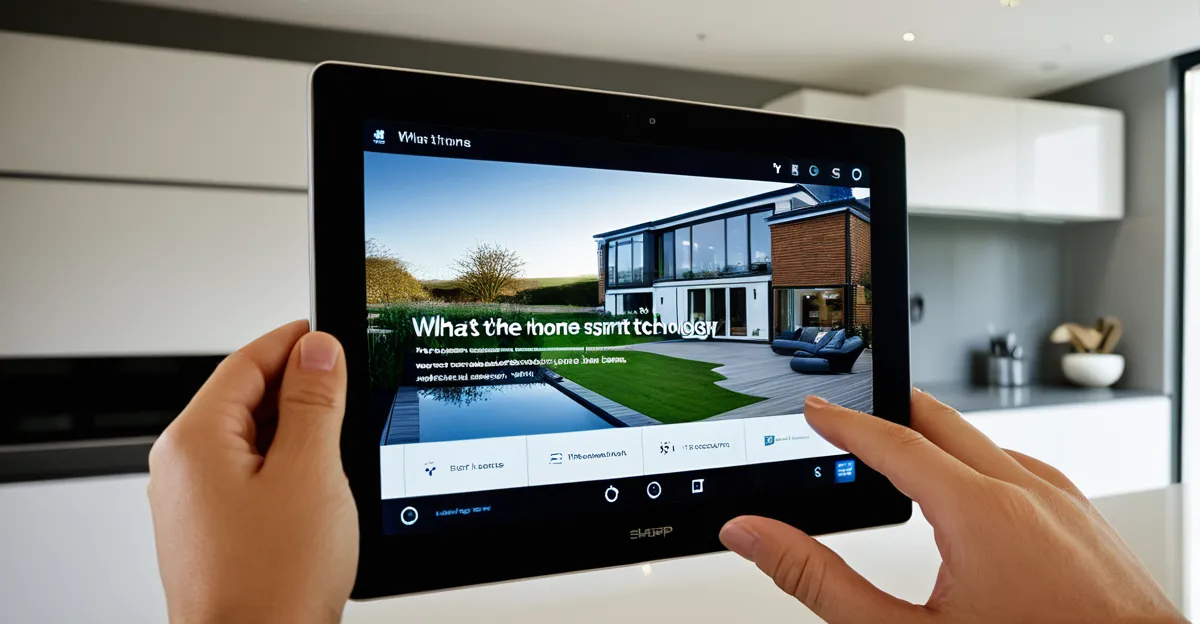Emerging Technologies Driving Smart Home Integration in the UK
The rapid evolution of Smart home technology UK is largely propelled by significant advancements in the Internet of Things (IoT advancements). IoT now allows various devices in UK homes—thermostats, lighting systems, security cameras—to communicate seamlessly, creating a truly interconnected environment. This connectivity enhances automation, convenience, and energy efficiency.
Alongside IoT, AI automation UK is transforming home systems with intelligent learning capabilities. AI personalises functionality by adapting heating schedules, security alerts, or lighting preferences based on residents’ habits. This automation extends beyond convenience, improving home security and energy management by predicting and responding to changing conditions automatically.
This might interest you : How are UK companies integrating technology into education?
Interoperability remains a critical factor for successful integration. New devices are designed to work compatibly with existing UK home infrastructures and platforms, ensuring ease of installation and user-friendly operation. This cohesive integration is key to driving consumer confidence and accelerating adoption across diverse UK households, enabling smart homes to become more accessible and functional for everyday life.
Regulatory Developments and Policy Impacts
UK government policy on IoT increasingly emphasises Smart home regulations UK to ensure security and privacy. What are the primary data privacy laws affecting smart home technology UK? The UK’s data protection framework, including the Data Protection Act 2018 aligned with GDPR principles, mandates stringent controls on how devices collect, store, and use personal data. This protects UK consumers by requiring transparent data practices and enhancing user consent protocols.
Additional reading : How is the Growth of Artificial Intelligence Shaping UK Jobs Across Various Sectors?
These regulations impact manufacturers and users alike. Smart home technology UK providers must now implement secure communication protocols and regular software updates to comply with evolving standards. Additionally, regulatory scrutiny addresses vulnerabilities that could be exploited in connected devices, reducing risks of cyberattacks.
How do these policies affect consumer adoption? Awareness of robust data privacy laws tends to boost confidence among UK homeowners, encouraging investment in IoT advancements and AI automation UK. However, compliance costs might slow market entry for some companies, balancing innovation with responsibility.
In summary, smart home regulations UK and data privacy laws are pivotal to shaping a secure, trustworthy ecosystem fostering sustainable growth and consumer trust.

